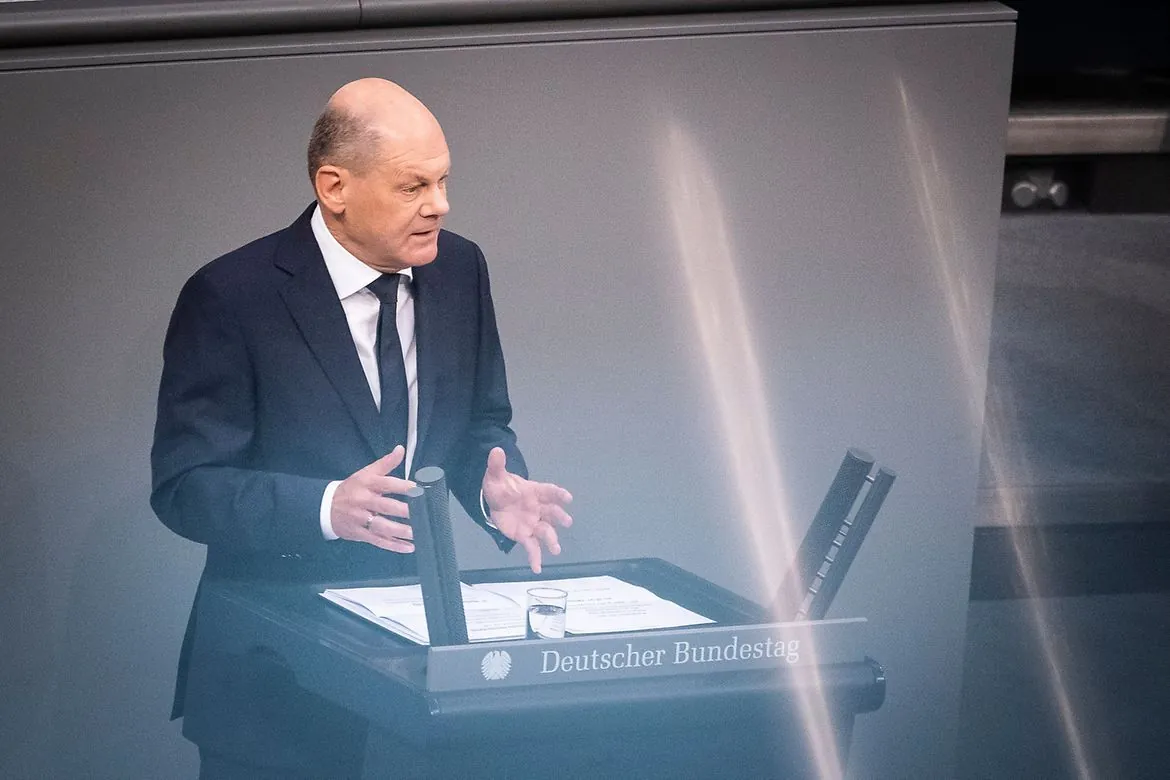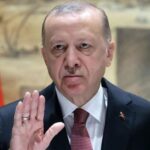German Chancellor Olaf Scholz’s decision to block a new large package of military aid to Ukraine has sparked a lively debate both in Germany and on the international stage. The publication Der Spiegel reports that disagreements within the German government have been ongoing for several weeks, and initiatives to support Ukraine are facing serious obstacles. Why has this situation arisen?
Essence of the Aid Package
The proposal, supported by Foreign Minister Annalena Baerbock and Defense Minister Boris Pistorius, is estimated at three billion euros. It was planned that this package would include necessary armaments for the Ukrainian Defense Forces and would serve as a clear signal to Kyiv: Germany remains a strategic partner.
Baerbock and Pistorius emphasize that the situation on the front lines remains critical, especially in eastern Ukraine, where Russian forces have had some successes. German officials also express concerns about possible reductions in aid from the US due to political uncertainties there.
Scholz’s Arguments
However, Chancellor Scholz is taking a cautious position. According to Der Spiegel sources, he does not see a “critical need” for the new aid package. Scholz is convinced that the previous support provided to Ukraine gives them sufficient resources for defense in the near future.
An additional aspect is financial constraints. Germany’s previous budget for the year 2025 includes four billion euros for military aid to Ukraine. They are also counting on Ukraine using a 50 billion dollar loan from the G7. The Chancellor believes that these resources should be sufficient.
Geopolitical Risks
Scholz’s decision is causing concern among Ukrainian partners, as Germany is one of Kyiv’s key strategic allies in Europe. Blocking such a massive aid package could send a negative signal to other Western partners of Ukraine, as Berlin often plays a leadership role in shaping European-wide policies.
Why Germany is Important to Ukraine
Germany is not only one of the largest economies in the EU but also a powerful political player. Its support is crucial not only in the military aspect but also for ensuring Ukraine’s financial stability. For example, sanctions against Russia, asset freezes, and arms supplies build trust in Berlin as an ally.
What Germans Think
Despite Scholz’s cautious position, the majority of Germans support participation in peace missions after a ceasefire. According to surveys, 56% of citizens approve of such an initiative. Only 19% express strong opposition. This indicates that German society is still inclined to help Ukraine, although the extent of this support remains debatable.
What’s Next?
Blocking a new aid package could affect further relations between Ukraine and Germany. However, Kyiv continues to seek support, relying on existing cooperation mechanisms. At the same time, international partners closely monitor Berlin’s decisions as they could impact the geopolitical balance across Europe.
Germany remains an important ally for Ukraine, but to maintain this role, it requires not only financial support but also the political will to make strategic decisions.


